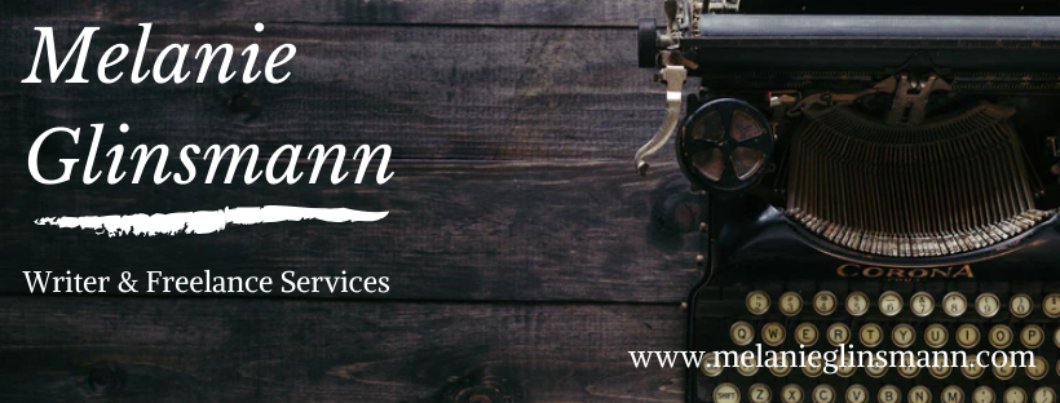
In graduate school, I taught first year English composition courses. One of the first lessons each semester was a crash course on rhetoric.Rhetoric involves understanding your audience and learning to write, or speak,for that audience. In a nutshell, effective writing begins with understanding your audience’s knowledge, values, and emotions.
While it’s important that authors tell their story the way they believe it should be, if you want others to read your work, you have to know who you’re writing for and what they want in a book. This is why it’s crucial that writers know their audience.
Get To Know Your Audience
So how do you know what your audience wants? There are three keys to this question.
- Be clear about who your audience is. Defining your target audience helps you better understand appropriate structure, themes,language, etc…
- READ! Writers have to be readers. You have to know what other authors are doing, especially those in your genre. Reading books for your target audience gives you a better idea of what potential readers want.
- Ask your audience. Going directly to the source to find out what they want is a great way to develop an effective story.
In an effort to illustrate the last point about asking readers directly, I conducted a highly scientific poll.
Okay, I really just asked friends and social media followers.
But still, the point is, readers in every genre have specific requirements for what they believe makes a book worth their time and money.
If I were going to run this poll for real for my own book, I’d distribute the poll to young adult readers. But since this is just for illustrative purposes, the sampling I did provides general knowledge. While my list wasn’t directed at readers of a specific age or genre, many responses reflect what you’d find on a more targeted list, just in more detail related to that genre or demographic.
Question: How do you choose a book you want to read?
- Another book by someone I’ve already read
- Friend/family recommendation
- Look at author’s biography and book blurb
- Check author’s social media feed or website for more information
Once an author develops an audience, it’s easier to get readers to pick up the next book. But for those starting out, it’s tough. Many factors go into why a reader picks up a new book, but first impressions are key. Readers make decisions based on your cover – not only the artwork, but the book blurb and your biography. It’s important to keep these clear and to the point, but also to show why your book stands out from another in your genre. This goes for your author website and social media accounts. It’s important to make sure your messages are consistent. Your brand should reflect what readers will see in your work.
Bottom Line: First impressions are everything, Make every word and image count.
Question: What elements draw you into a book when you first start reading?
- Compelling story right from the beginning
- Balance between description and dialogue
- Relatable characters and setting
The responses I received to this question were consistent across all ages and preferred genres. While readers opinions will differ on specific traits, they all want to read books with characters they relate to and settings that are believable. Ultimately, readers want to be entertained and to see themselves as part of the story. Readers also want books that strike the right balance between description and dialogue. Going on and on for three pages describing a single image, or having characters tell each other story in three pages of dialogue will bore readers.
Bottom Line: Good books start with a good story and believable characters. Balance description and dialogue to build the narrative.
Question: What causes you to dislike a book you’re reading?
- Inconsistency with characters
- Takes too long to get to the resolution
- Poorly researched, facts incorrect
- Just plain boring
Readers have a variety of reasons for not liking a book.Sometimes, the story just doesn’t resonate which isn’t necessarily the writer’s fault. It’s just a difference of interests. Other times, however, there are more specific reasons why a reader sets aside a book. In order to encourage a reader to stick with your book, the story should have some twists and turns, some sort of tension, and/or humor that keeps your reader interested. Also, readers will be turned off if you don’t do your homework. If you use a real place or event in your book, and for historical fiction as a whole, if your facts aren’t right, readers will eventually notice. And as mentioned previously, too much description or overuse of dialogue is also a big turnoff. As one of my friends put it, she doesn’t care for authors who “take too long to land the plane.” In other words, don’t keep writing just to add more words. Wrap up the story before your readers get bored.
Bottom Line: Keep your readers guessing, but get to the point. Include some twists to keep it interesting, but wrap up the story before you bore the reader.
Question: What is it that you like about books by your favorite author(s)?
- Values that are important to me
- Offer fun, fast reads
- Makes the characters come to life
- Realistic characters with a bit of the fairy tale (romance/beach read books)
- Makes me learn or think about something differently
- Something that has an interesting twist at the end
- Something that makes me a little emotional(either a little teary-eyed or makes me laugh)
Anyone who reads extensively will eventually come across an author (or several) that speaks to her more loudly than others. There are many reasons why someone develops a literary crush on a writer. A reader learns to appreciate not only the writer’s imagination and creative approach to telling a story, but also subtle things like word choice, sentence structure, and themes.While it takes time to develop as a writer, if you consistently give your readers relatable characters and settings, and offer them value from reading your work, they’ll stick with you.
Bottom Line: Over time, readers will learn your style and appreciate your work. They will become your biggest cheerleaders.

Writing a family newsletter or even an academic paper will look much different than writing a novel or short story. The structure,language, argument will all depend on who you want to read your book. By asking readers of the genre you’re writing, you can quickly get to the hear of what they want. While it’s important to listen to your own voice as you write, talking to readers within your target audience ensures they’ll find their own voice in your work as well.
Reignite your creativity!

Subscribe to get new content, monthly newsletter, and important updates. You'll also receive a free download - "30 Days of Creative Inspiration."

